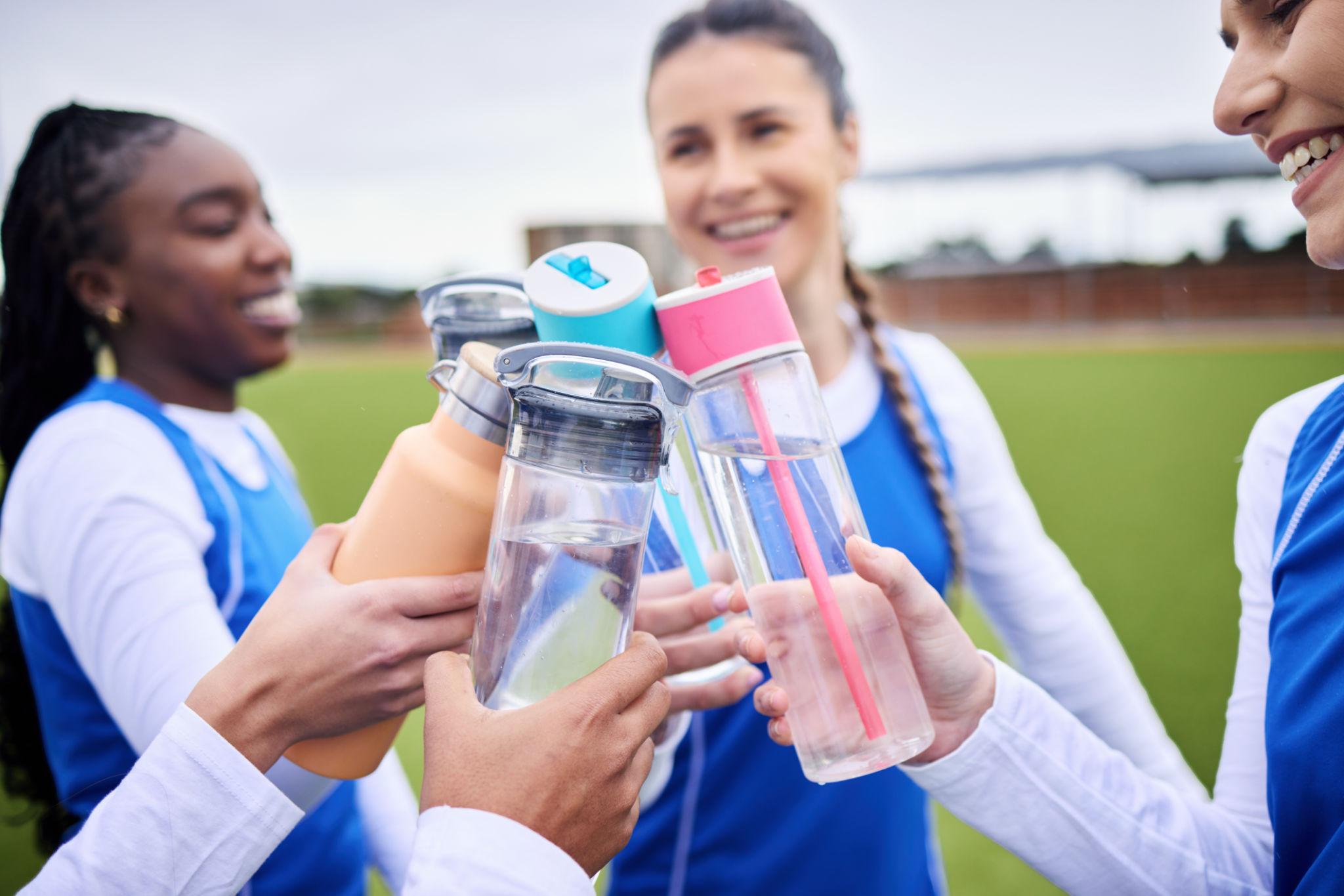Fueling Young Athletes: The Science of Sports Nutrition for Teens
The Importance of Nutrition for Teen Athletes
For young athletes, proper nutrition is not just about fueling their bodies for daily activities; it's about optimizing performance and ensuring healthy growth and development. During the teenage years, the body undergoes significant changes, and athletes have unique nutritional needs to support both their physical activity and overall health.

Understanding Macronutrients
Macronutrients play a crucial role in an athlete's diet. Carbohydrates, proteins, and fats are essential in varying proportions depending on the sport and level of activity. Carbohydrates are the primary source of energy, especially for high-intensity sports. Whole grains, fruits, and vegetables should be staples in an athlete's diet.
Proteins are vital for muscle repair and growth. Teens should aim to include lean meats, dairy, legumes, and nuts in their meals. Healthy fats, found in oils, avocados, and fish, provide a concentrated energy source and support cell growth.
The Role of Micronutrients
While macronutrients get most of the attention, micronutrients are equally important. Vitamins and minerals support various bodily functions, including energy production, immune function, and bone health. Calcium and vitamin D are particularly important for bone development in teenagers. Iron is critical for oxygen transport in the blood, especially for female athletes.

Hydration: A Key Component
Staying hydrated is essential for optimal performance. Teen athletes should aim to drink water throughout the day and increase their intake before, during, and after exercise. Dehydration can lead to decreased performance and increased risk of heat-related illnesses.
In some cases, particularly during long or intense training sessions, sports drinks can be beneficial as they provide electrolytes and carbohydrates. However, they should not replace water as the primary source of hydration.
Meal Timing and Frequency
When it comes to sports nutrition, timing can be just as important as what you eat. Consuming a balanced meal 2-3 hours before exercise ensures that the body has enough energy to perform. Post-exercise meals should focus on replenishing glycogen stores and aiding muscle recovery with a mix of carbohydrates and protein.
Regular meals and snacks throughout the day help maintain energy levels and prevent fatigue. Teens should aim to eat five to six smaller meals or snacks rather than three large meals.

Supplements: Do They Have a Place?
While supplements can be helpful in some cases, whole foods should always be the first choice for meeting nutritional needs. A well-balanced diet typically provides all the necessary nutrients for young athletes. However, if a deficiency is identified, supplements can be considered under the guidance of a healthcare professional.
It's important to be cautious with supplements marketed directly to athletes. Not all are safe or effective, and some may even contain banned substances.
Building Healthy Habits
Nurturing healthy eating habits at a young age sets the foundation for lifelong wellness. Encouraging teens to make informed food choices, understand portion sizes, and listen to their bodies can empower them to take control of their health and performance.
Parents and coaches play a crucial role in supporting young athletes by providing access to nutritious foods and fostering an environment that values health over performance alone.
